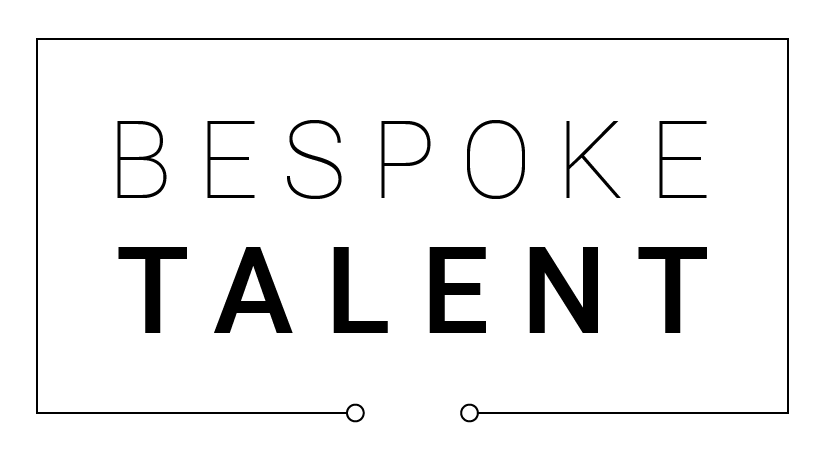The Backside of Backchannels
Ever been burned by a backchannel? Ever lost a candidate because a backchannel was handled poorly?
Some might say that the backchannel (unofficial reference checks on candidates) is as old as time itself. Hiring a new candidate is hard to do and there’s risk with all of them. The expectations are high and making the wrong choice can reflect poorly on the hiring manager. It is reasonable to understand the temptation to pick up the phone and call your friend who once worked with the candidate and get an unofficial point of view on him/her.
Of course one wants to know if one should spend time with this candidate- but is the backchannel going too far in dictating the work that needs to be done by great interviewing skills and processes? Consider the back-side of backchannels:
Missing out on candidates who have grown to be top achievers through hard knox/hunger and the decision to perform. Perhaps life circumstances have changed
Interview processes that are too reliant on receiving the absolute validation from a 3rd party
Emphasizing the importance of backchannels could incentivize staff to be political players instead of performance based players
Alerting backchannel sources of target candidates status may result in compromising candidate’s current role or even add hiring competition
Creating legal risks – employers may face legal action if reference details are not 100% accurate
Backchannels can be a risk because it often ignores the growth and change that strong candidates go through in their career. Most of us are not born as a top performer, we have to evolve into one over time. Change occurs through making mistakes, underperforming, being called out for it and the subsequent decision to start evolving through it. Is it fair to have someone’s opinion from five years ago still tarnishing a candidate’s reputation?
Here are some qualifying questions that hiring managers can use to mitigate a “risky” hire and limit an unhealthy amount of influence of the backchannel:
Ask your candidate to describe himself/herself five years ago in terms of sales approach, style, team work, etc. and then ask them to showcase some specific examples of how they have changed over time. A good candidate will admit that he/she has made mistakes and recovered from them.
Ask your candidate what he/she wants to learn if chosen for the roll? Candidates should want to keep learning. The best and the brightest want to keep evolving.
Ask about the things that are most important to he/she in terms of leadership. This is to say, what are they asking of you as their boss? Candidates do want something from their boss, getting some insight to this in the interview is a way to understand if the two of you can work well together.
Clearly spell out your organization’s cultural expectations so that you can read his/her reaction.
For those who just can’t help themselves, here are some rules of thumb to not miss great candidates who have grown to greatness from adversity:
● Consider backchannels over 3 years old to be irrelevant.
● If you do find someone within a 3 year window that knows the candidate, use the back-channel to locate unexplored areas or validate your current assessment.
● Only make do-not-hire decisions based on inner circle network. Those who you would trust your children with (or the job that you feed your children from). If you’re honest with yourself, this is probably a pretty small circle.
The key takeaway is that designing an interview process that flushes out candidate growth/learnings vs posturing/selling is the responsibility of the hiring manager and supporting team. Believe that you are a great hiring manager, you have a capable hiring team and that while it’s certainly helpful to identify additional inspection areas from your network, you do not need the opinion of those outside your firm to determine your hiring choices.
